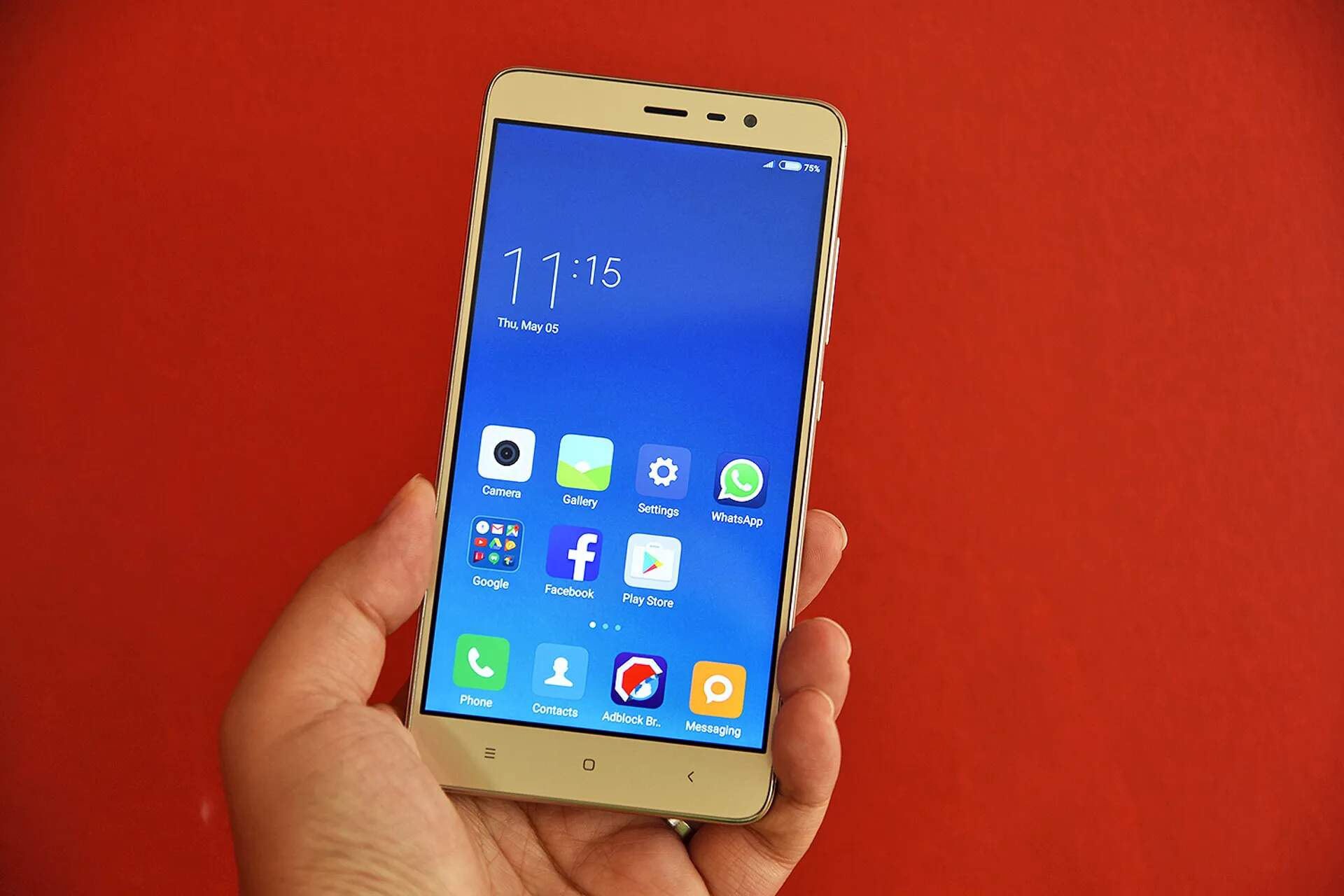Key Takeaway
Xiaomi's foray into the electric car market with the SU7, powered by its proprietary "HyperOS," signals the company's ambitious integration of advanced technology into the automotive sector. The vehicle's impressive specifications and Xiaomi's strategic positioning within the EV supply chain in China position it as a noteworthy contender in the evolving landscape of electric vehicles.
Chinese smartphone giant Xiaomi has revealed its first electric car, a sleek sedan named the SU7. The vehicle is set to launch in China next year, marking Xiaomi's entry into the competitive electric vehicle (EV) market. The company aims to integrate its advanced technology, such as the "HyperOS," into the car to provide a seamless user experience.
The Integration of Smartphone Technology
Xiaomi's decision to incorporate its "HyperOS" into the electric car reflects the growing trend of merging smartphone technology with automotive systems. The company has been developing this architecture for over six years, with the goal of creating a dynamic platform capable of powering various devices, including smartphones, smart home systems, and cars. This move aligns with the broader industry trend of enhancing in-car software to resemble the user-friendly interfaces found in smartphones.
Challenges and Competition
While Xiaomi's endeavor is ambitious, it faces challenges common to new players in the automotive industry. Building reliable and safe cars at scale remains a formidable task. However, the company's access to China's robust EV supply chain and the rapid advancements in electric vehicle technology position it favorably for this venture. Additionally, Xiaomi's fully integrated effort distinguishes it from other companies, such as Huawei, which is also backing its own EV startup in China.
Impressive Specifications
The SU7 boasts impressive specifications, including a claimed range of up to 800 km on a full charge for the higher-end model, equipped with a 101kWh battery pack from Chinese company CATL. The base model, featuring a 73.6kWh capacity, is estimated to achieve a range of approximately 668 km on a single charge. Moreover, the vehicle offers fast charging, with the ability to add 220 km in just five minutes, along with impressive acceleration from 0-100 km/h in 2.78 seconds. Despite these promising features, pricing details are yet to be announced.

























